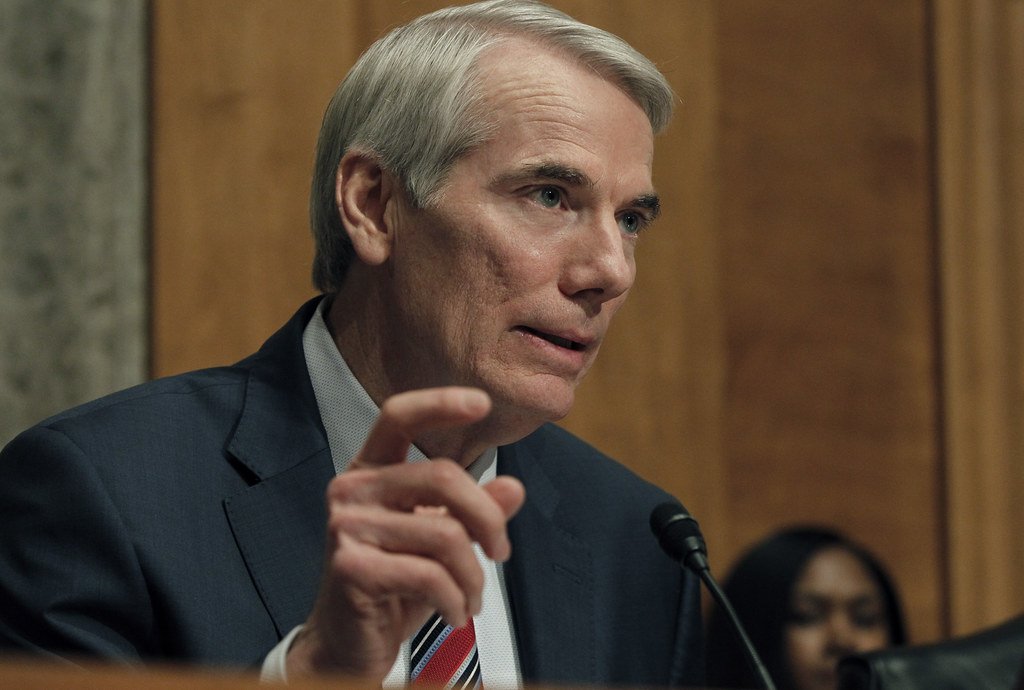Following JD Vance’s nomination as Trump’s running mate, we were curious if another prominent Ohioan on the national ticket would benefit Republican Bernie Moreno, who is running for U.S. Senate against Democratic incumbent Sherrod Brown. We conducted a rapid message test on the evening of July 23, 2004 using the Grow Progress platform. We surveyed 399 Ohio adultsm recruited online and adjusted for age, gender, race, education, political party, and 2020 presidential vote choice.
We divided respondents into two equal groups.
The control group received a neutral message about a popular consumer brand (“Morton Salt has over 20 production facilities across the U.S., Canada and the Bahamas, each devoted to bringing you the high quality products you expect.”).
The test group received a message linking JD Vance and Bernie Moreno to the Trump agenda: “If elected in November, Ohioans JD Vance and Bernie Moreno will work together to implement the Trump agenda.”
After viewing their assigned messages, participants answered questions about their voting intentions and opinions of Bernie Moreno and JD Vance. Our test revealed that linking Vance and Moreno to the Trump agenda increased Moreno’s unfavorability by 9 percentage points.

Additionally, we found a 7 percentage point increase in vote choice for Sherrod Brown among respondents who viewed the message linking Moreno and Vance. Vance has had a rocky rollout, and these results confirm that his presence on the campaign trail (and on the ballot) does not yet provide a benefit to down-ballot candidates in his home state.
Message Guidance
Progressive messengers should know that associating Bernie Moreno with JD Vance and the Trump agenda significantly increases Moreno’s unfavorability among voters and boosts support for his opponent, Sherrod Brown.


